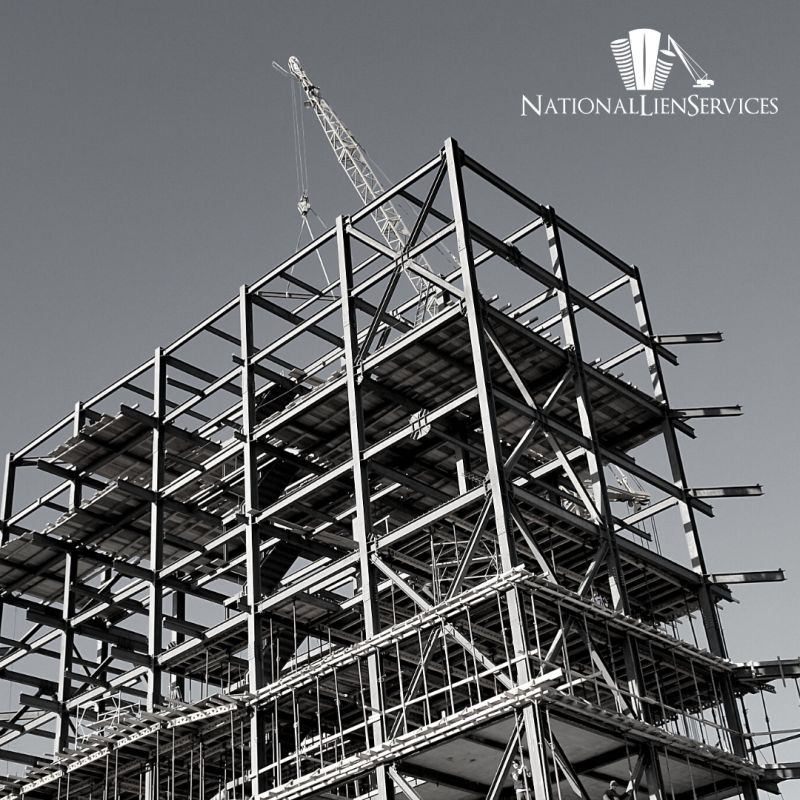Our Guide to Preliens, Waivers, Mechanic's Liens, and Bond Claims in New Jersey
 New Jersey
New Jersey
Questions? Contact Us
In New Jersey, residential projects impose a formal Notice of Unpaid Balance and Right to File Lien requirement with strict timelines and mandatory arbitration prior to recording a lien. Commercial projects do not require the notice, but it is recommended to preserve lien priority.
While we are happy to provide this guide as a quick reference, we HIGHLY encourage that you work with a construction attorney to help you with your particular circumstances in our complex construction lien law environment.
New Jersey Quick Overview
| Pursuant Code | N.J.S.A. §§ 2A:44A-1 et seq. | |
| Prelien Required for Private/Commercial Projects | No, but may be beneficial | |
| Prelien Required for Public Projects | Yes | |
| NJ Statutory Relief | Unpaid Balance | |
| Lien Milestone Event | Last furnishing/last invoice | |
| Lien Enforcement Deadline | 6 months to 1 year | |
| Waivable Lien Rights | No | |
| Supplier to Supplier Rights | ||
| Prelien Document Name(s) | Notice of Unpaid Balance and Right to Lien | |
| Prelien Minimum Information | Project description, name/address of claimant and other parties, dates of last furnishing, amount claimed, and reference to arbitration procedure | |
| Prelien Minimum Notifications | Owner, Contractor, Subcontractor (against whom claim is made) | |
| Prelien Recording Requirement | No | |
| Prelien Notarized | yes |
Understanding the Prelien Process on Construction Projects in New Jersey by Role
New Jersey requires a Notice of Unpaid Balance and Right to File Lien for residential construction projects as a prerequisite to lien rights. This notice must be filed within 60 days of last furnishing and served within 10 days. Arbitration is required before a lien can be recorded. Commercial projects do not require this notice, but it is recommended to preserve lien priority.
Possible Exceptions, Special Circumstances, and Caveats in New Jersey
Residential: Residential projects require strict adherence to notice and arbitration timelines.
Mechanic's Liens in New Jersey
In New Jersey, for private projects, lien claimants must file a Notice of Unpaid Balance and Right to File Lien (NUB) within 60 days of last furnishing labor or materials. For non-residential projects, a lien claim must be lodged for record within 90 days of last work. For residential projects, after filing a NUB and completing a mandatory arbitration process, the claimant must file a lien within 120 days of last work or 10 days after receipt of an arbitrator's determination. Foreclosure action must be filed within 1 year from last furnishing or within 30 days after an owner's written demand to sue. Service of the lien on the owner is required within 10 calendar days of lodging the lien for record.
Bond Claims in New Jersey
New Jersey public projects are generally governed by the New Jersey Public Works Bond Act. A subcontractor or supplier on public works must first serve a written notice to the prime contractor within 20 days of first furnishing labor or materials to preserve bond claim rights. A lawsuit to enforce a bond claim must typically be brought within 1 year from the last furnishing of work or materials. Specific timelines may vary depending on the particular type of public entity project.
Construction Lien Waivers in New Jersey
Required Format: New Jersey does not require any specific statutorily required verbiage to be valid but be sure to check with your constuction attorney and consult any relevant state statutes.
Required Notarization: New Jersey does not require waivers to be notarized.
Waivers in New Jersey are not statutorily regulated in detail, but parties often use conditional or unconditional waivers. The enforceability may depend on timing and payment.
Learn more about waivers here, including the when and how to use various types of waivers, the difference between a Lien Waiver and a Lien Release, what to look for before signing, and more.
- As a client, you'll have free access to our system that easily creates statutorily correct lien waivers.
- Through our technology partner Prelien Pro, you can also access best-in-class lien waiver management software, allowing you to easily track, collaborate, and share lien waivers with all your trade partners.
Assessors' websites in New Jersey counties
Most often, the county Assessor's office is the 'go-to' resource for finding online lien-related information for construction project parcels, including ownership records, special warranty deeds, and more. Counties that we've not yet found online (those with '*') link to a Google search for your convenience.
Other Important Construction Links in New Jersey
Frequently Asked Questions (FAQs) on New Jersey Lien Processes for Contractors
Is a preliminary notice required on private commercial projects in New Jersey?
No, but it is recommended to file a Notice of Unpaid Balance and Right to File Lien to preserve priority rights.
How soon must a Notice of Unpaid Balance and Right to File Lien be filed for residential projects?
It must be lodged for record within 60 days after the claimant's last furnishing of labor, services, material, or equipment.
Is arbitration required before filing a lien on residential projects?
Yes, after filing the Notice of Unpaid Balance, the claimant must file for and complete arbitration before filing the lien.
When must a lien claim be filed on a non-residential New Jersey project?
A lien claim must be lodged for record within 90 days following the last provision of labor, services, materials, or equipment.
What is the deadline to initiate a lawsuit to enforce a lien in New Jersey?
A lawsuit must be commenced within 1 year of last furnishing or within 30 days following an owner's written demand to enforce.
We Set the Standard for the Construction Industry
Not only do we provide you with the tools, knowledge, and team to ensure you feel confident your rights are secured, but we're prepared for the trenches and ready to coordinate with your legal team when things "go sideways" on one of your projects.

